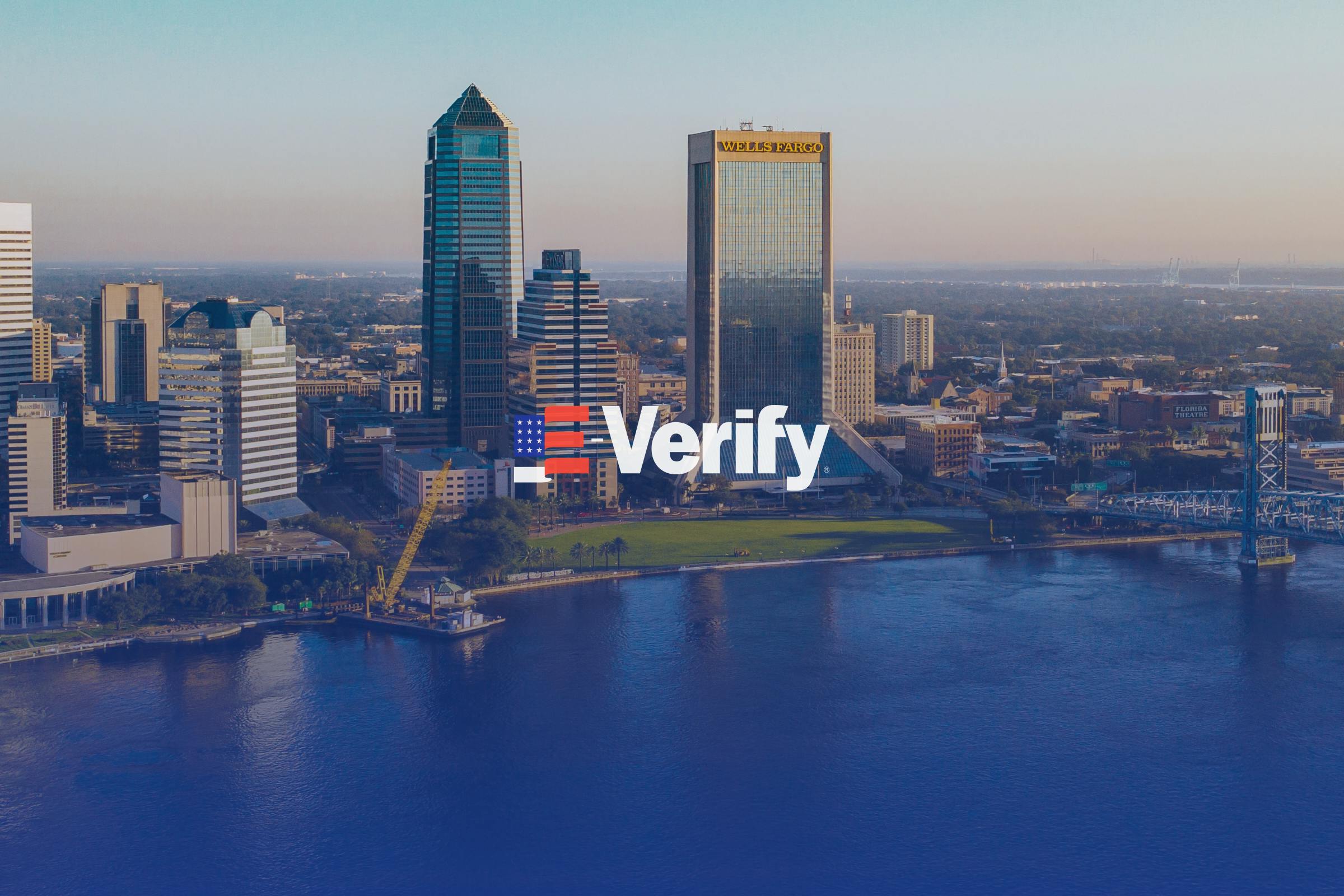Just about every USCIS form has the option at the bottom for applicants to list the translator they have used in the completion of their paperwork. While many applicants will simply ignore this step as their English is sufficient for immigration filing, some applicants especially need a translator, or at least in part need some help translating difficult legal terms on their applications. This post is dedicated to better understanding the translator process in terms of who might qualify for a reliable and safe translator, what additional documents you will need to file, and also the appropriate fees you should be paying for a translator (if any).
Can my partner sign off as a translator?
Not everyone is eligible to be a translator for your USCIS documents. For example, many marriage green card applicants will simply ask their U.S. citizen spouse to be a translator for them and to sign off on their I-485 that they assisted in the process of translating, and thus completing the form. This honestly depends, though, on the proficiency of your partner’s English abilities. For example, if your partner has been born and raised in the U.S., and also now has a job such a professor where they teach classes in English, then such an individual would easily be accepted in terms of judgment by a USCIS officer.
But the key to finding a good and decent translator is that they need to “certifiably” be able to translate for the applicant. Thus the English-speaking professor, to use this example, would be fine, because the applicant would also have supplemental documentation on their job title, occupation, and salary of their partner who then served as a translator.
So the simple answer is that your partner can absolutely be your translator and sign their name onto USCIS forms, but they also need to be able to supply evidence to the USCIS, such as the professor example, in order to avoid an RFE from the agency.
Documents Needed
If you find another translator outside of your marital relationship, you’ll still need that individual to back up the claim that they are a good translator. Consider asking them to print out their resume so you can attach it to your application. Also consider, if you are paying the individual an hourly rate for their translation services, to attach a receipt of payment so the USCIS at least knows that a legitimate was hired, and paid for, in assistance with the application process.
In addition, the translator should also supply a typed-out certification letter simply stating that they have been helping clients for X number of years with translating important documents and have had a high success rate of doing so.
Professionalism Matters
Overall, finding a decent translator in the U.S. should not be a difficult task. Finding someone reliable, if they are outside of your family, means that you should probably ask them for a copy of their resume beforehand, or ask how many years and how many clients they have helped specifically with immigration-related forms. In addition, it is a good idea not to hire someone who is charging an extraordinary amount or someone who seems dubious in their claims of actually working with immigrants in the past.
As mentioned, the discretion is always up to the USCIS officer in the review of the case. If the officer feels that something is not credible in terms of the application, they will simply submit an RFE to the applicant for better clarification of what happened.














